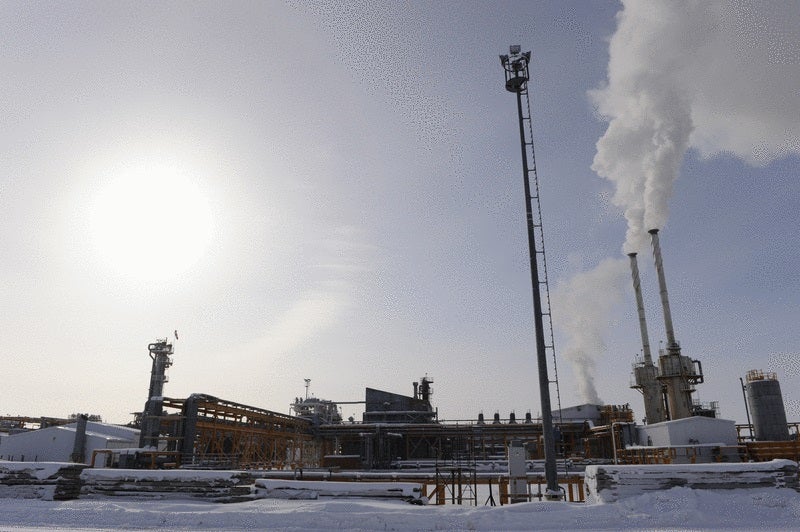
Understand the impact of the Ukraine conflict from a cross-sector perspective with the Global Data Executive Briefing: Ukraine Conflict
Norway’s Equinor has decided to stop trading in Russian oil and oil products as part of its strategy to exit Russia, in response to its military offensive against Ukraine.
The energy major said it will not enter any new trades or engage in oil and oil products transport from the transcontinental country.
The decision comes days after the Norwegian oi and gas firm said it will start the process of exiting its joint ventures (JVs) in Russia and halt new investments in the country.
Equinor said it currently has commitments under the contracts signed prior to Russia’s invasion of Ukraine.
These include the contracts signed in January 2022, whereby Equinor will receive four oil cargoes in March 2022.
Two of the four cargo are sold to Asian customers while the third cargo, which is naphta, is planned to be delivered to an Equinor contracted storage facility.
The fourth is a feedstock cargo. It is scheduled to be delivered to the Mongstad refinery, in Norway.
In a press statement, Equinor said: “Receiving these cargoes is in full compliance with current sanctions. Equinor is continuing its work to exit Russia in a responsible way while ensuring compliance with all applicable laws, including sanctions.”
As of the end of 2021, Equinor had $1.2bn in non-current assets in Russia.
Crude oil prices dropped to a two-week low as concerns over further supply disruptions were eased in the wake of scheduled ceasefire talks between Russia and Ukraine, and worries over slower demand due to increasing Covid-19 cases in China, reported Reuters.
Brent futures reduced by $4.74, or 4.4%, to settle at $102.16 a barrel by 04:45 GMT. US West Texas Intermediate (WTI) crude fell by $4.58, or 4.2%, to reach $98.43 a barrel, according to the news agency.



